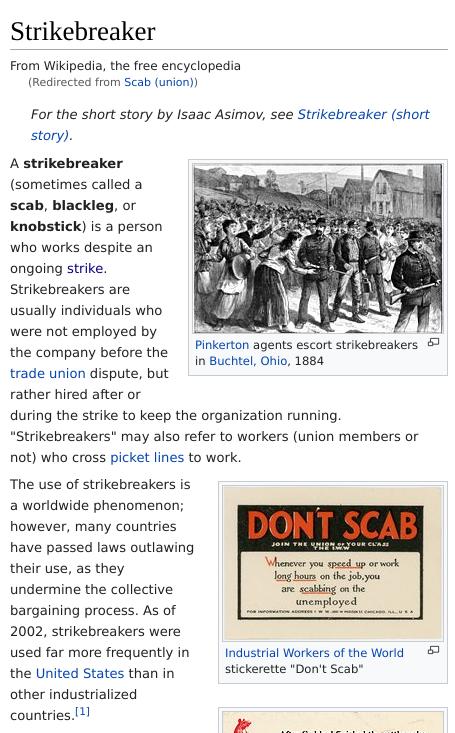

SEVERAL days ago I saw and then publicly mentioned this new post from Scotland, which said (it is already in Daily Links along with some editorial comments, expressing disbelief and wondering what this whole thing even means):
The University of Stirling has joined the Pan-European Seal Programme, a prestigious EU training scheme, becoming the first in Scotland to partner with Europe’s leading Intellectual Property (IP) organisations: the EU Intellectual Property Office (EUIPO) and the European Patent Office (EPO).
[...]
The Pan-European Seal Programme is jointly organised by Europe’s IP Offices, EPO and EUIPO, and offers paid, trainee roles in Alicante or Munich.
Zentraler Personalausschuss Central Staff Committee Le Comité Central du Personnel
Munich, 14/10/2021 sc21125cp
The Pan-European Seal Trainee Programme – What is it?
Dear Colleagues,
A new group of Pan-European Seal (PES) trainees joined the EPO in mid-September, and one or more of these trainees may have recently joined your team or directorate. If you have wondered who they are, how they are affiliated with the EPO, and what their role is, this paper serves to provide a summary of the information available to us, and we hope it can be of use to answer some of your queries.
The Pan-European Seal programme is jointly organised by the EPO and EUIPO, and in collaboration with almost 100 member Universities, provides recently graduated students with paid, year-long traineeships that are described as “on-the-job work experience and professional training”. Although the PES programme was introduced at the EPO in 2015, you may have only become aware of it more recently, since the number of trainees is steadily increasing year-on-year, from 32 in 2015 to 117 in 2021, this scaling up due to its inclusion in the SP2023.
The PES programme is open to applicants who already hold a bachelor’s/master’s degree, no more than two years after their most recent graduation, with language requirements of “a minimum level of B1” in any of the three official languages or “a very good level of English; knowledge of French or German is an advantage” depending which part of the same webpage is accurate. The graduates must first be shortlisted by their universities and then undergo a selection process by the EPO. The successful candidates are paid 2000 Euros per month, subject to local taxes, and the traineeship usually lasts 12 months, although the period was extended last year, and SP2023 documentation implies the expansion to a “2-year traineeship”. It is noted that many of these trainees are very likely already fully qualified for a regular appointment at the EPO, since the requirements for recruitment in job group 1-4 are a diploma at “master’s level” and “excellent knowledge of one official language and ability to understand one other”, and lower for recruitment in job groups 5-6.
The trainees are deployed all across the Office in different departments. There are positions open for the trainees in seemingly all areas of the EPO, including formalities, HR, communications, talent academy, and interpreting. Within DG1, the examiner trainees are assigned to teams within selected areas of expertise. They follow “Course A” of the newcomer examiner academy training, and are then performing core search and examination work under the supervision of a mentor. This outsourced work is checked and signed off by their mentor, to whom the resulting points/actions are assigned. The very limited feedback we have received from mentors thus far is that they are satisfied with this arrangement and that the trainees are well equipped to complete the tasks assigned to them.
The SP2023 programme passport of the PES scheme gives some indication of the intentions and future directions that the EPO is planning. In particular, it defines a benefit of the programme to be feeding “the talent acquisition pipeline” and that information regarding job vacancies will be communicated to current and former PES trainees. It further defines the goal of providing a “new legal and administrative framework” to be included in the CODEX that allows the trainees to be “considered as employees” and offers trainees “conditions of employment similar to those of other employees of the Office”.
Finally, on behalf of the Staff Representation, we would like to extend a warm welcome to all the new PES trainees! Should you want any assistance or advice, you are invited to contact us at centralstaffcommittee@epo.org and we will do our best to help. If you are a mentor or otherwise involved in the PES programme and would like to share your experience, please also get in touch with us.
The Central Staff Committee

The only strike oligarchs approve of is a drone strike (assassination). Union-busting or union-bombing? With the veneer of "academia"...